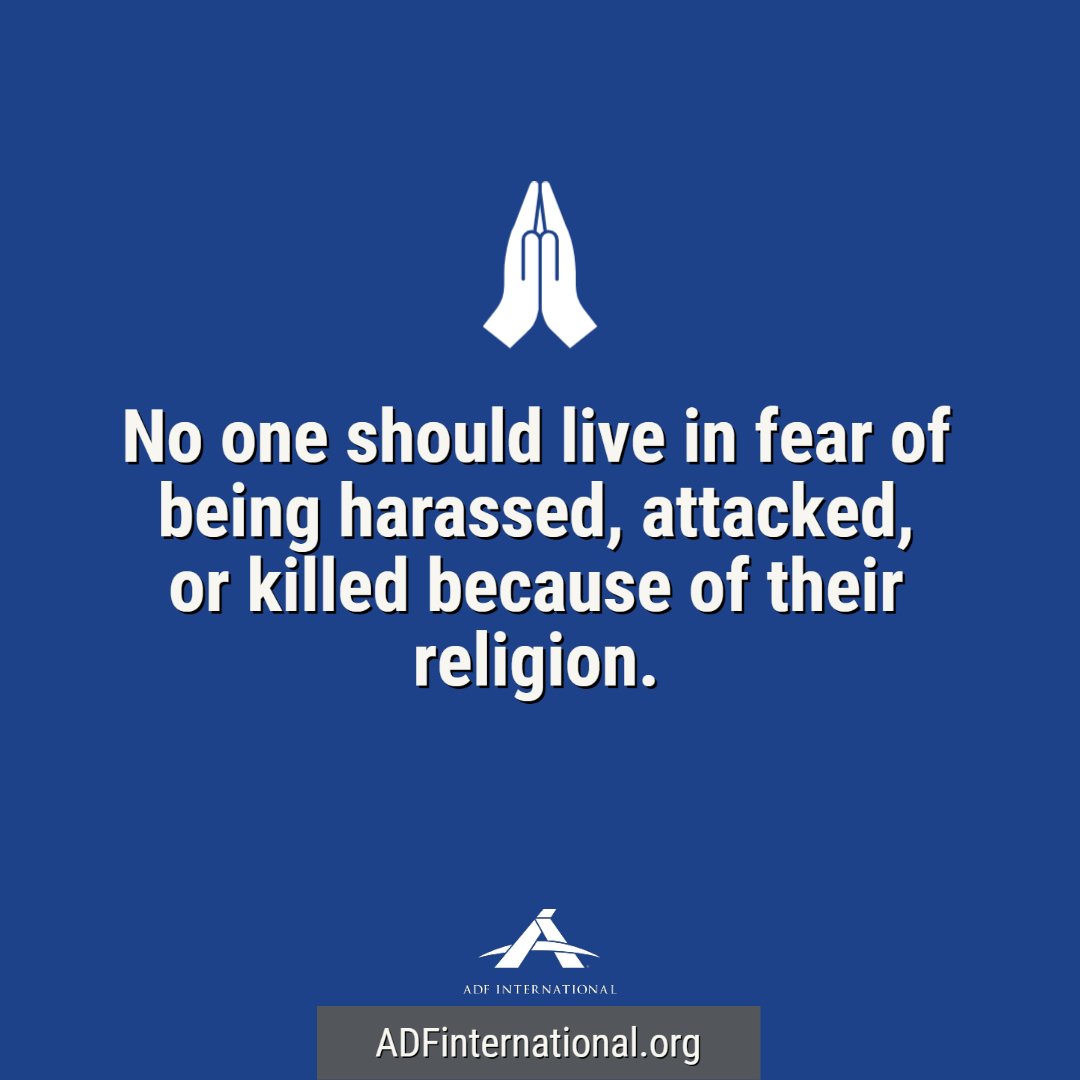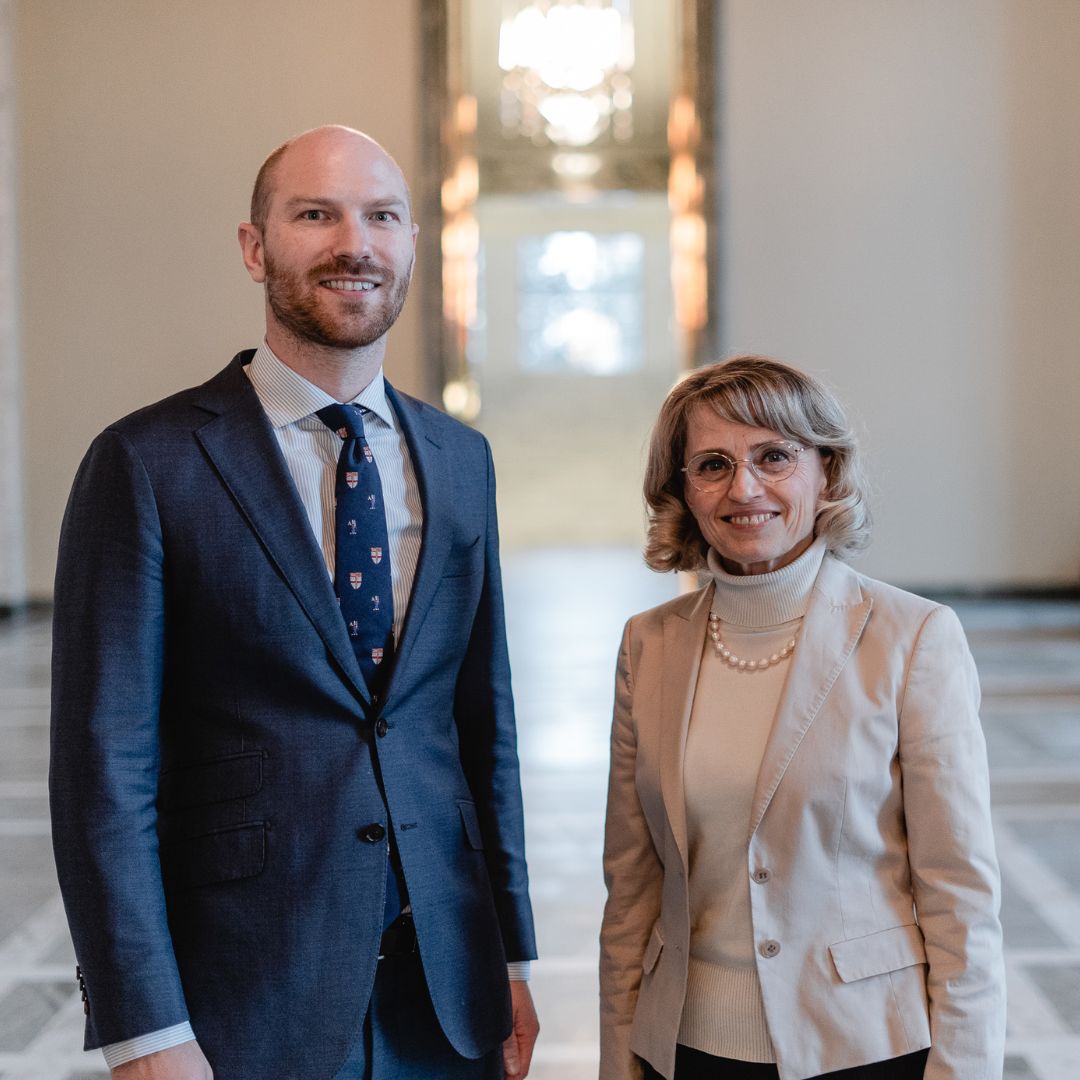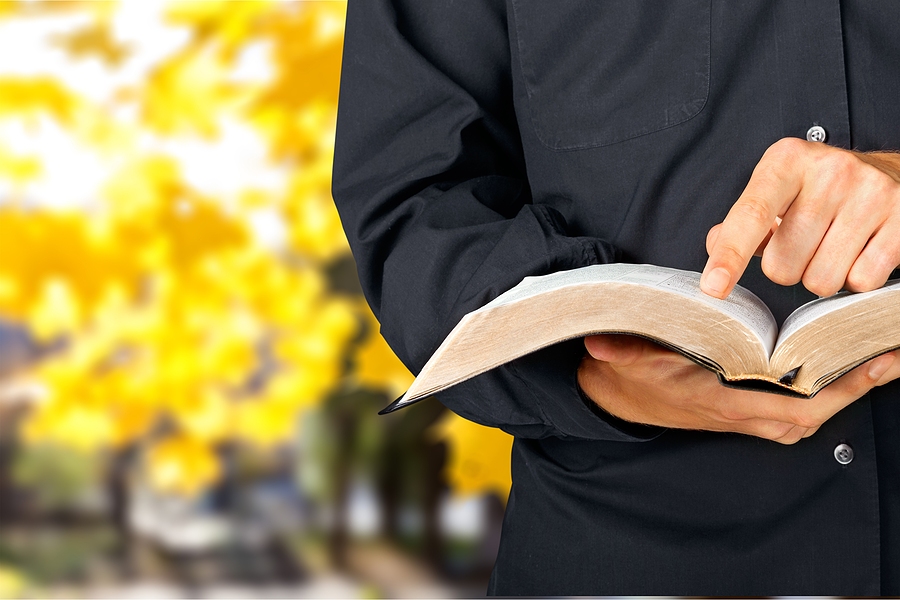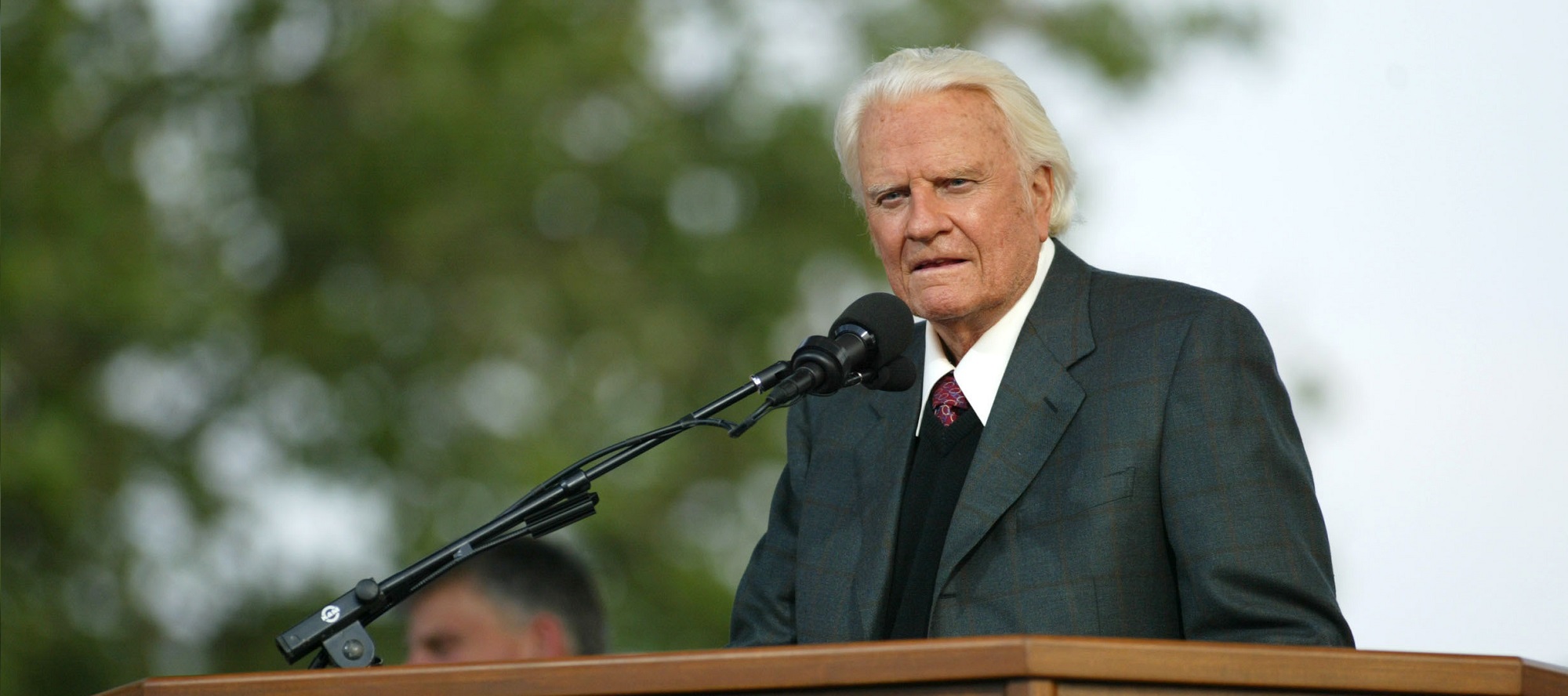The ECHR has ruled against reopening the “gay cake” case. The court dismissed an attempt to re-open an eight-year legal battle focused on whether small business owners can be forced into saying things that go against their religious convictions.
Continue readingSweet victory for Christian bakers’ freedom of conscience: Europe’s top court tosses out attempt to re-open cake dispute
UK Supreme Court’s protection of freedom of conscience for service providers remains final word on cake dispute after European Court of Human Rights throws out activist pursuit of Christian bakers
Continue readingFree Speech under fire
What would you do if a policeman turned up at your door saying that a tweet you had written the night before about biological sex and gender amounted a criminal offence? What about if you were listening to an elderly man reading the Bible outside a train station and you saw two police constables interrupting him, arresting him, and escorting him to a police car to be driven off like a criminal to face hours of questioning at the station?
Continue readingMore must be done to protect free speech – by Jeremiah Igunnubole writing for The Times
The police, crime, sentencing and courts bill is an opportunity to address critical issues within the law
Continue readingHow can we change the law to impact #FreeSpeechForGood?
The laws that govern behaviour on our streets have had a chilling effect on freedom of speech. Ambiguous wording in legislation and confused enforcement protocols have led to a spate of arrests for legitimate speech and protest. We are working to improve the law and to change how the law is enforced so that you can speak in public with confidence.
Continue readingCensorship by default – by Elizabeth Francis writing for The Critic
A friend of mine was recently interviewed under caution by the police. His offense? Reading the Bible aloud in a calm voice and steady tone outside a railway station. He was left waiting to hear back for one month and then advised in writing to “be careful with what you say in future when reading outside”. The police were trying to grapple with whether his reading was “abusive” and harassing under the law. The result was chilling.
While nearly all street preacher police cautions and arrests eventually come to nothing, a worrying trend has emerged over the years. The police have seemingly maintained an overly cautious approach to suppressing “potentially offensive” words in public while they take time to interpret the meaning of the law.
At present, the Police, Crime, Sentencing and Courts (“PCSC”) Bill, due to be debated in the House of Lords in September, will only compound these issues.
A major theme of Part 3 of the PCSC Bill is the interaction of the police and citizens in relation to public demonstrations and protests. Triggered by highly disruptive protests that have been organised around the country in recent months and years, often involving some element of criminal damage, clauses in the Bill aim to give police additional powers to more effectively respond.
Continue reading “Censorship by default” by Elizabeth Francis (The Critic).
More most be done to defend free speech – by Lois McLatchie writing for Premier Christianity
“Preach the gospel at all times and if necessary, use words.”
It’s a quote popularly attributed to St Francis of Assisi and typically used to signify that speech is a less preferable communicative tool to the Christian than acting out one’s beliefs through deeds.
Except the quote is, in fact, misquoted.
In reality, St Francis encouraged friars not to preach anything contrary to the teachings of the Church and also to “preach by their deeds” – to make sure that their actions matched their speech. The instruction was not to remain silent; not to build a needless dichotomy between the two outward expressions of faith.
Of course, if Christians don’t live by their own words, hypocrisy sorely undermines the truth of their message. But the call to speak, and speak out, is central to Christian living. From cover to cover of the Bible, the direction is inescapable. The command “proclaim” is featured over thirty times in the gospels alone. The audience? “Every nation and tribe and language and people.” To practice the Christian faith is to be a Christian in public. No lights hidden under bushels.
Continue reading “Street preachers keep being arrested. More must be done to protect free speech” by Lois McLatchie (Premier Christianity).
Five areas of concern for street evangelists in the PCSC Bill
Read ADF UK analysis of the PCSC Bill and what impact this could have on street preachers should the Bill pass in its current state.
Continue readingCancelling Christians – by Elizabeth Francis writing for The Critic
Lizzie Troughton writes in The Critic about the recent Destiny Ministries case.
Continue readingKelsey Zorzi
DIRECTOR OF ADVOCACY FOR GLOBAL RELIGIOUS FREEDOM
Continue reading









